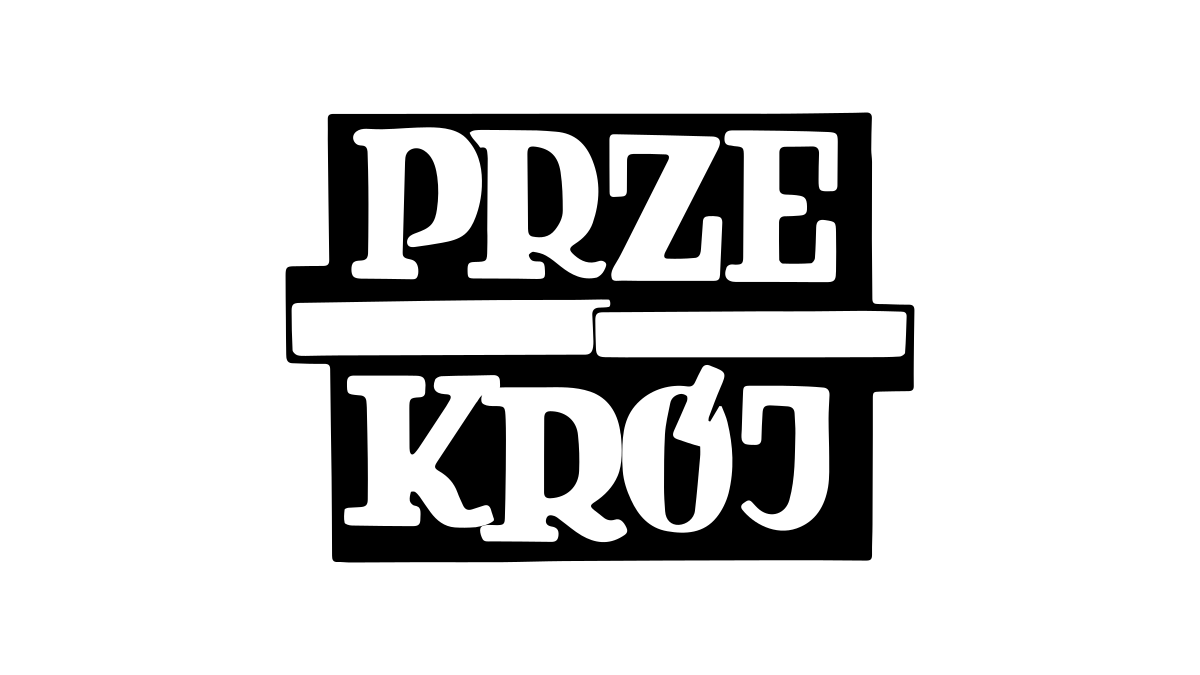
In the Valdemar Questionnaire, we give voice to translators who reflect on their work and role as intermediaries between languages and cultures. In this instalment of our series, Valdemar takes on Megan Thomas and Ewa Małachowska-Pasek, two translators of Polish and the authors of the featured translation from the book The Career of Nicodemus Dyzma by Tadeusz Dołęga-Mostowicz.
You can read Megan and Ewa’s translation of the excerpt from Tadeusz Dołęga-Mostowicz’s “The Career of Nicodemus Dyzma” here.
Why did the two of you decide to translate The Career of Nicodemus Dyzma by Tadeusz Dołęga-Mostowicz? After all, it’s a book written almost 90 years ago and its subject matter is very much connected to the socio-political reality of that inter-war Polish state.
Ewa Małachowska-Pasek: It’s not possible to translate every single piece of literature from one culture/language to another, so translators very often choose








